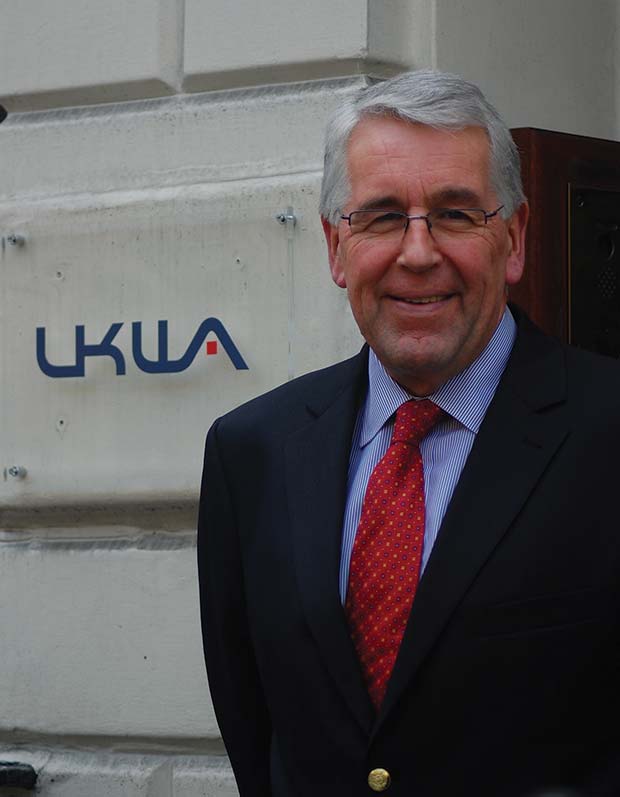Last month a joint call on government to listen to industry concerns from the heads of the leading warehousing & logistics trade associations resulted in a meeting with Rt Hon Michael Gove MP, Chancellor of the Duchy of Lancaster. The subject, the government’s – and the industry’s – unpreparedness for the transition of UK from the EU on January 1st next year.
 In the face of questions about the shortage of intermediaries, IT systems readiness and the delivery of physical infrastructure, Gove pushed back with a question of his own – why was an industry that stood to gain so much extra business from the transition failing to invest in the grants made available by government for more customs agents?
In the face of questions about the shortage of intermediaries, IT systems readiness and the delivery of physical infrastructure, Gove pushed back with a question of his own – why was an industry that stood to gain so much extra business from the transition failing to invest in the grants made available by government for more customs agents?
He pointed out that the logistics industry can expect a 400% increase in documentation and customs services, against a background of the increasing availability of ‘home-grown’ labour created by the COVID-19 pandemic.
Both reasonable points. However, as usual the devil is in the detail. The government has failed to understand the complexities involved.
Clearly it takes time to recruit and train staff, let alone train employees to use the new Smart Freight system, designed by government to ensure cross-border supply chains can continue to function smoothly post-Brexit, which as yet is still in development with just weeks to go.
What’s more, expecting an industry that operates on margins of less than 1% to invest massively up front is frankly unrealistic, given the lack of confidence most businesses feel right now.
The issue of Brexit has been overshadowed by the fallout from COVID-19 – many companies in the warehousing and logistics sector are currently in survival mode, worried about making it through next month, never mind next year.
Also, with three Brexit deadlines having come and gone, there is an understandable combination of skepticism and apathy on the part of import/export businesses. Many feel they have been down this route before – and at some considerable cost. Now we all await the outcome of negotiations with the EU and are expected to manage the new situation, ‘deal or no deal’, whichever way it pans out.
This whole emphasis on ‘deal or no deal’, referring to Free Trade Agreement negotiations, is erroneous. It will make not a scrap of difference either way to the customs and documentation process, which was defined in the Border Operating Model published in July.
Whatever the outcome of FTA negotiations, the logistics industry will continue with its usual resilience and resolve. We must prepare as best we can, ensuring we understand fully the new requirements, educating our customers accordingly and taking the necessary steps to ensure that chaos is avoided.
To help members and the wider logistics community prepare UKWA has a dedicated ‘Prepare for Brexit’ resource to provide all necessary support. Visit ukwa.org.uk/get-ready-for-brexit.
Peter Ward
UKWA, CEO




Comments are closed.